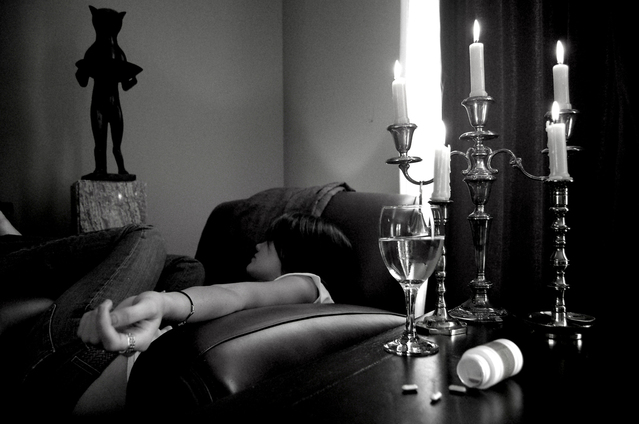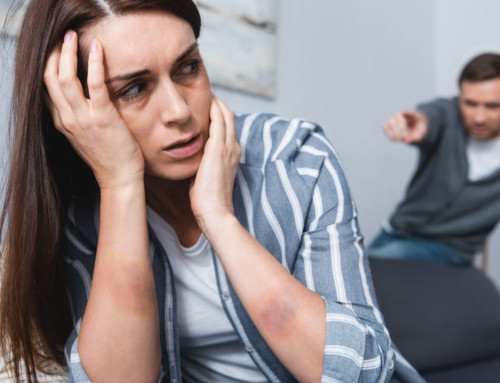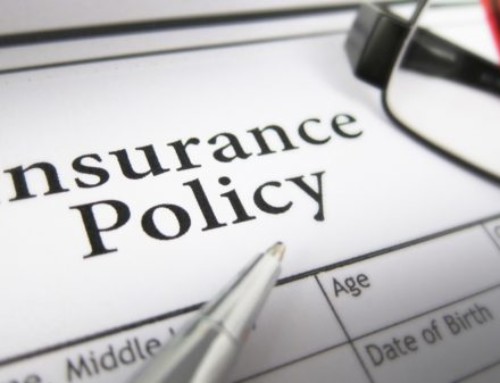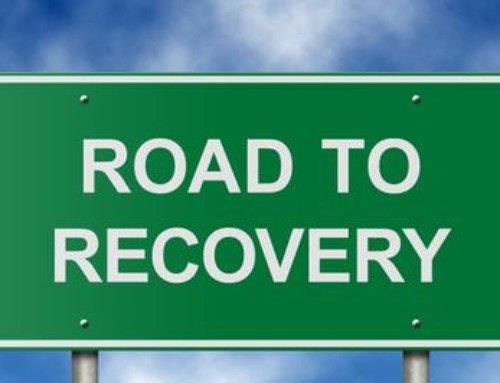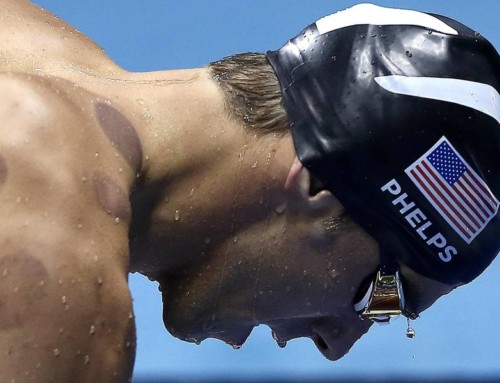Authored by Donna Wallace MA, BCC, LADC
A partner’s drug and alcohol use can cause friction in the relationship, even lead to a break-up. We’ve all heard the horror stories, so it might be easy to overreact if we think something is going on. On the other hand, our desire for everything to be all right can shield us from seeing actual warning signs. The American Association of Marriage and Family Therapists have given us some helpful signs to look for when a partner’s drug or alcohol use has escalated to the point of needing a professional’s help.
What are the signs that professional help might be needed?
- Arguments have become increasingly about substances or the effects of substance use.
- You find yourself making excuses for the partner because of their use or its effects.
- Your partner blames relationship tensions around their use, as an excuse to use more.
- Time together has begun to center around both of you drinking or using.
- Your partner has been physically violent towards you when drinking or using.
- Physical or emotional intimacy can only be achieved when partner is drinking or using.
- Covering up the drinking or using (or its aftereffects) has begun to isolate you from family or friends.
Addiction is Complex
- Addiction affects the bodies, minds, and spirits, of substance users, as well as their families and communities.
- Your partner did not become addicted overnight.
- Change is a process not an event. Setbacks can occur.
- Treatment is a good place to begin.
- Intervention services can assist in getting reluctant users into treatment.
- A history of emotional trauma can complicate recovery. Treatment centers specified as dual diagnosis treat both mental health and addiction at the same time.
- After treatment is completed, additional help may be necessary. Therapists that specialize in both mental health and addiction can provide both individual and group counseling that addresses these issues.
- Relationship problems don’t just go away when the drinking or using stops. Couples therapy can help.
You Don’t Have to Go It Alone
- Counties can assess and refer uninsured clients to initial treatment.
- Insurance often covers mental health therapy geared towards addiction.
- Sliding scale can be an option when insurance will not cover services.
- After treatment resources such as AA and NA are available to help your partner achieve sustainable sobriety
Your Needs Are Important Too
- Reach out for help by joining groups such as Al Anon http://www.al-anon.org/
- Seek individual therapy with a counselor who understands addiction.
- Utilize resources such as Minnesota Recovery Connection http://www.minnesotarecovery.org/
- Educate yourself about addiction. Reading books such as Free From Addiction: Facing Yourself and Embracing Change, by Morteza Khaleghi can help.
- It can be tough to know how to help when a partner is new to sobriety. Books like Everything Changes: Help for Families of Newly Recovering Addicts, by Beverly Conyers, can help smooth that transition.
References:
Conyers, B. (2009). Everything changes: help for families of newly recovering addicts. Center City, MN: Hazelden.
Fals-Stewart, W. (n.d.). Substance Abuse and intimate Relationships. Retrieved May 20, 2015, from http://www.aamft.org/iMIS15/AAMFT/Content/Consumer_Updates/Substance_Abuse_and_Intimate_Relationships.aspx
Khaleghi, M. (2008). Free from addiction: facing yourself and embracing recovery. New York, NY: Palgrave Macmillan.
http://www.aamft.org/iMIS15/AAMFT/Content/Consumer_Updates/Substance_Abuse_and_Intimate_Relationships.aspx

